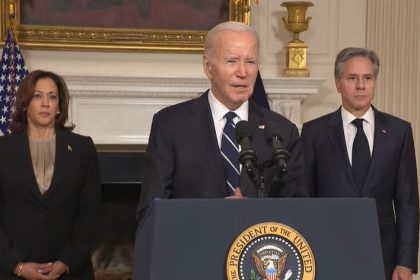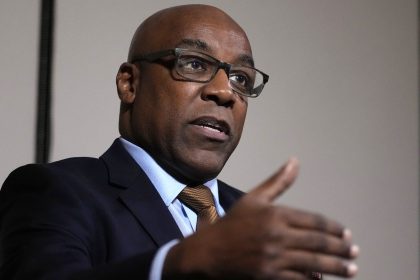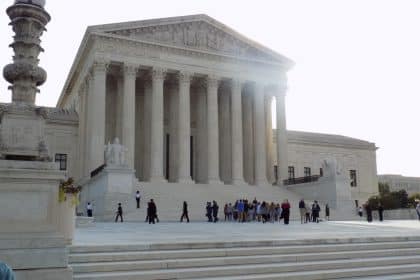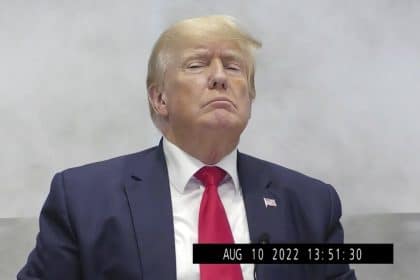Theranos Founder Sentenced to 11 Years for Fraud With Blood Testing Technology
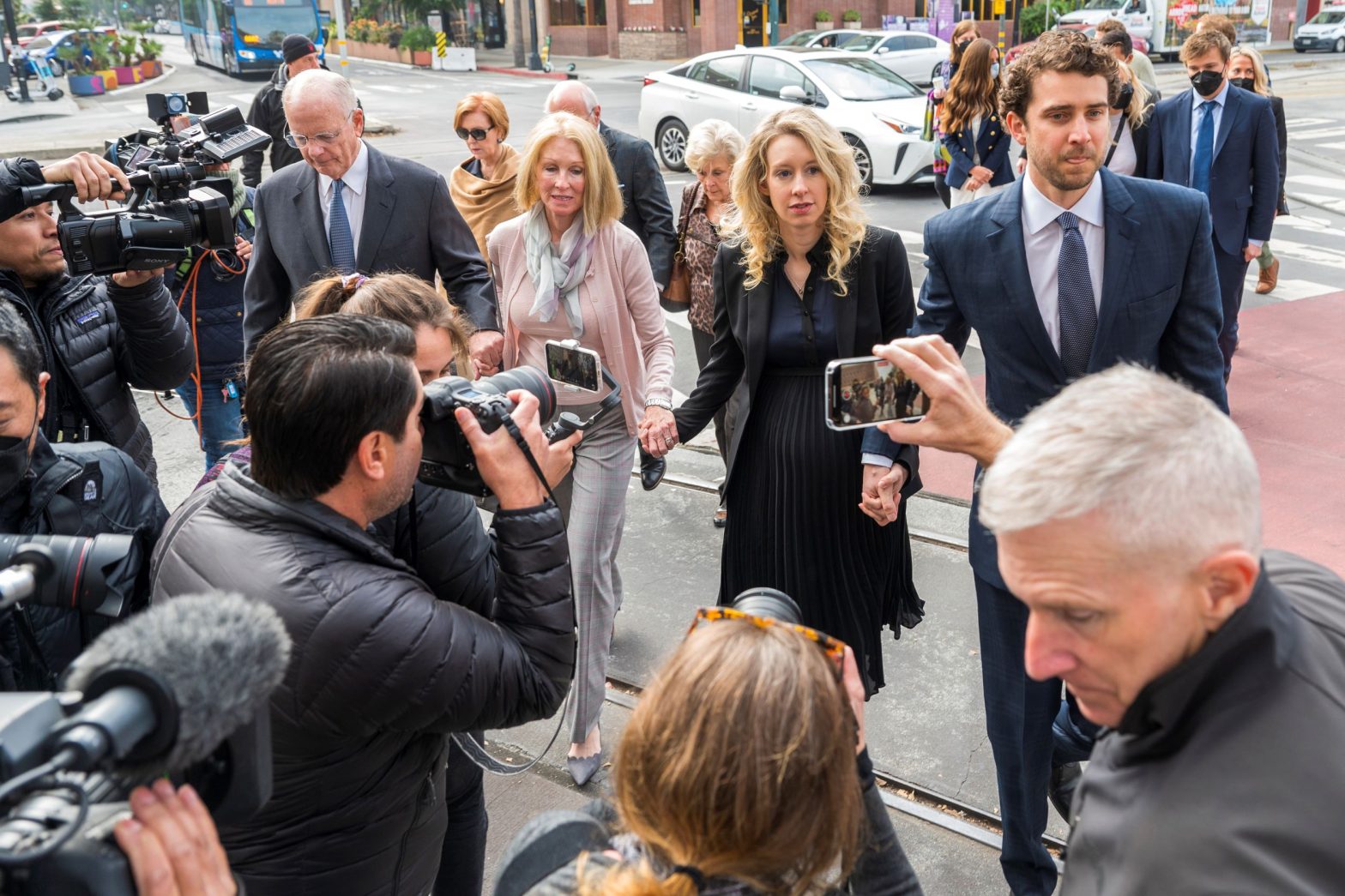
SAN JOSE, Calif. — A judge in San Jose, California, on Friday sentenced former Theranos, Inc., Chief Executive Elizabeth Holmes to more than 11 years in prison for defrauding investors with phony blood-testing technology.
“I regret my failings with every cell of my body,” a tearful Holmes told the court during the sentencing hearing on four fraud charges.
After dropping out of Stanford University at 19 years old to start Theranos, Holmes became America’s youngest self-made billionaire.
Now 38, Holmes attracted $945 million in initial investments after claiming she invented a technology that could detect hundreds of illnesses with only a few drops of blood. Theranos was valued at $9 billion at its peak.
Everything collapsed for Holmes after The Wall Street Journal reported in 2015 that Theranos’ proprietary device could perform only about a dozen blood tests. Even those had questionable accuracy.
The Wall Street Journal investigation showed Theranos was placing other companies’ traditional testing equipment into its own devices and rebranding it as their own.
Theranos settled Securities and Exchange Commission fraud charges in 2018 but did not admit wrongdoing. The company went out of business the same year.
An SEC statement said Holmes and former Theranos Chief Operating Officer Ramesh “Sunny” Balwani raised investor money “through an elaborate, yearslong fraud in which they exaggerated or made false statements about the company’s technology, business and financial performance.”
During her trial, Holmes tried to shift blame to Balwani, who she accused of controlling her during an abusive relationship.
Balwani was convicted in July on 12 charges in a separate trial. He is scheduled to be sentenced Dec. 7.
Federal prosecutors, who asked the court for a 15-year-prison sentence for Holmes, wrote in a pre-sentence court filing, “The effects of Holmes and Balwani’s fraudulent conduct were far-reaching and severe. Dozens of investors lost over $700 million and numerous patients received unreliable or wholly inaccurate medical information from Theranos’ flawed tests, placing those patients’ health at serious risk.”
Holmes’ attorneys suggested an 18-month sentence, which they said should consist of home confinement.
“I loved Theranos,” Holmes told the court before the sentence was handed down. “It was my life’s work. The people I tried to get involved with Theranos were the people I loved and respected the most. I am devastated by my failings.”
U.S. District Judge Edward Davila said “intoxication with fame” apparently led Holmes to her misguided efforts.
She is scheduled to report to prison on April 27, 2023, but an appeal in the case is likely.
Tom can be reached at [email protected] and @TomRamstack



















